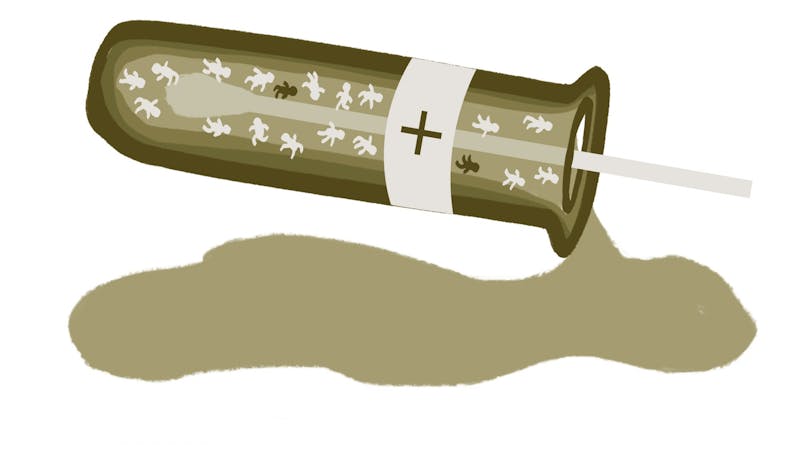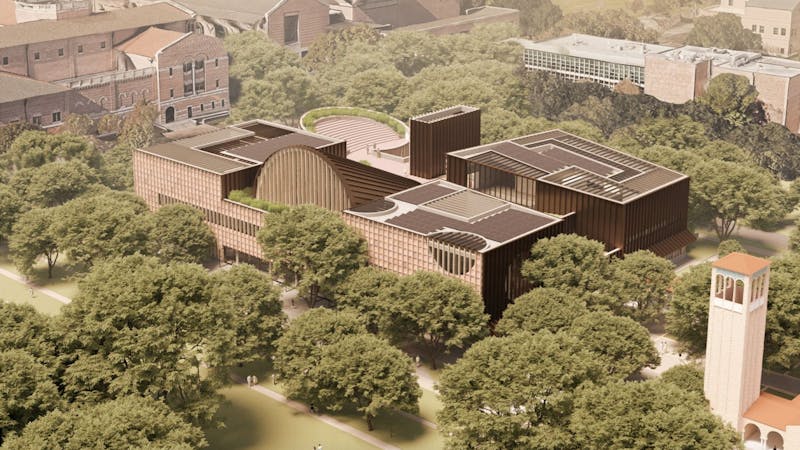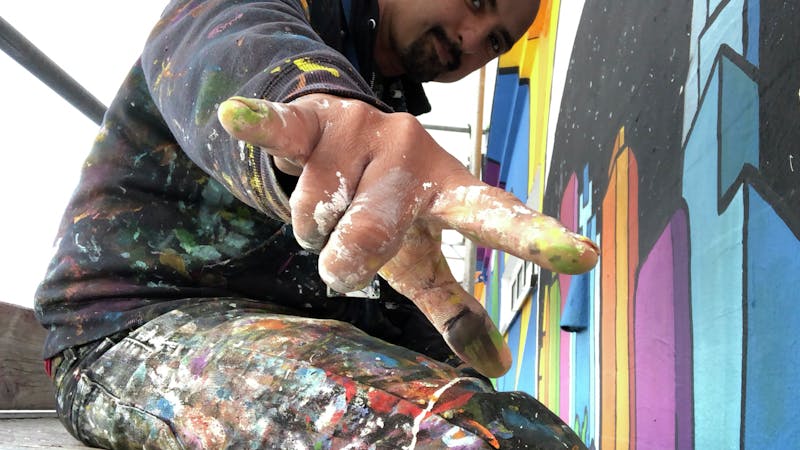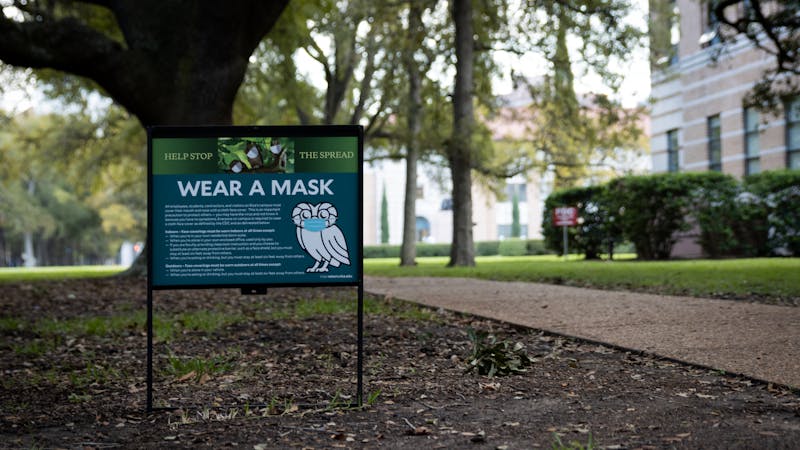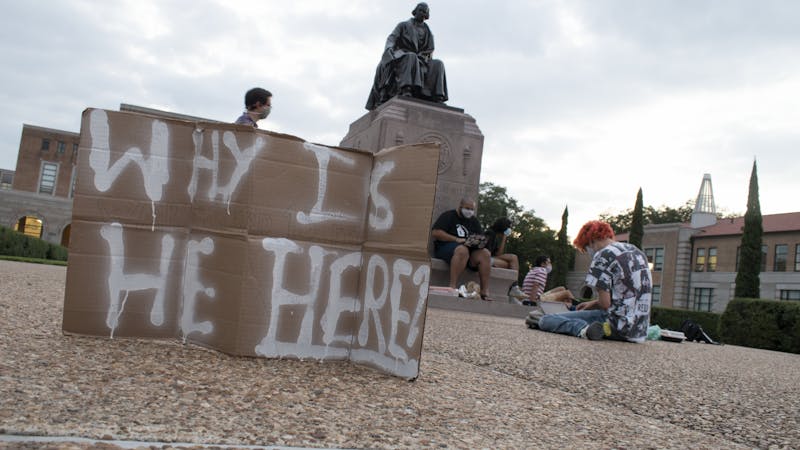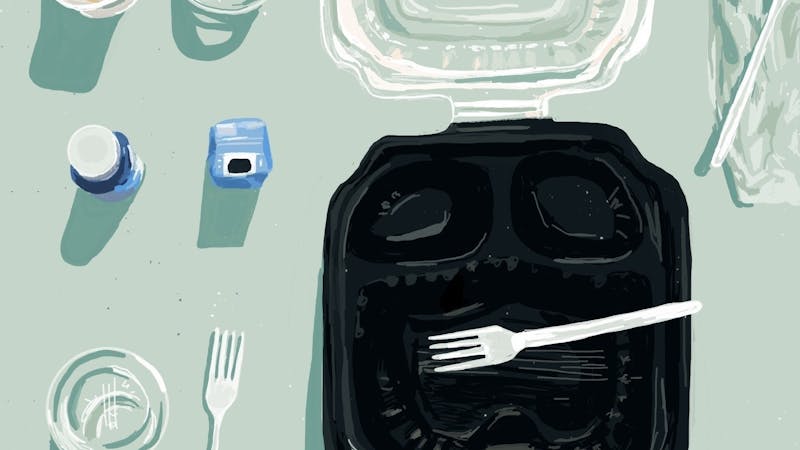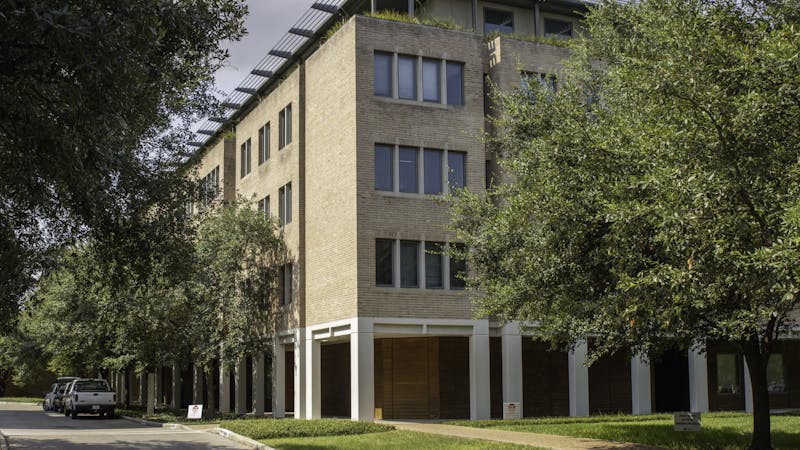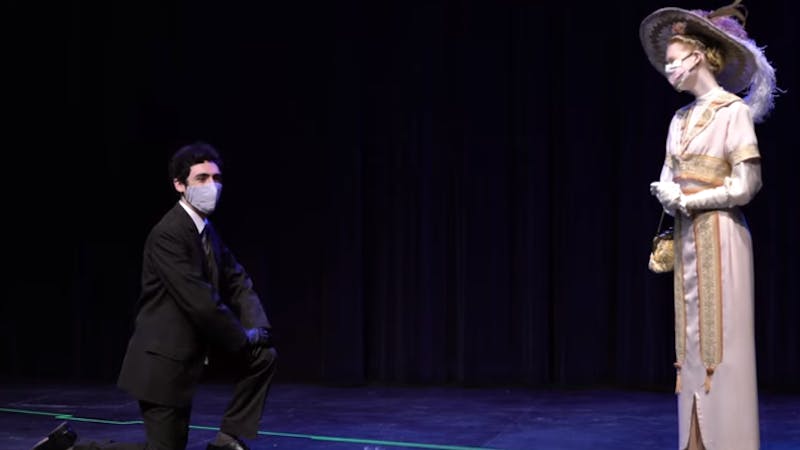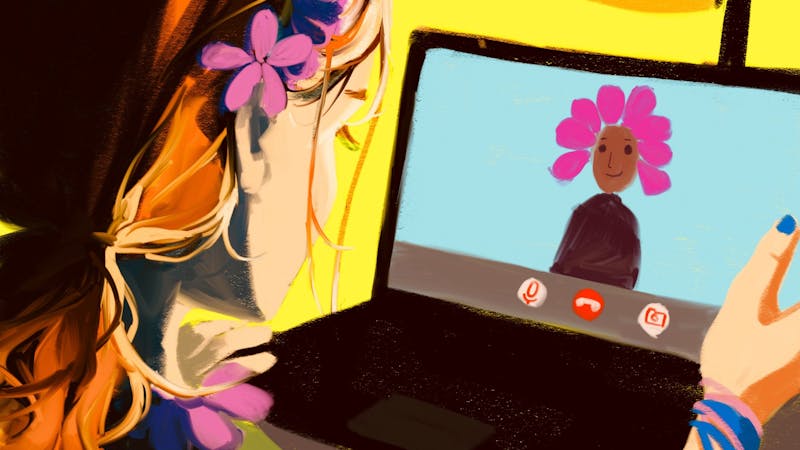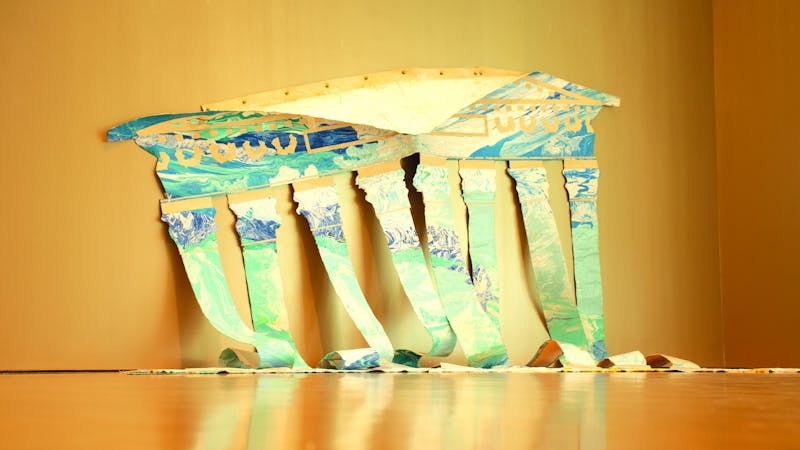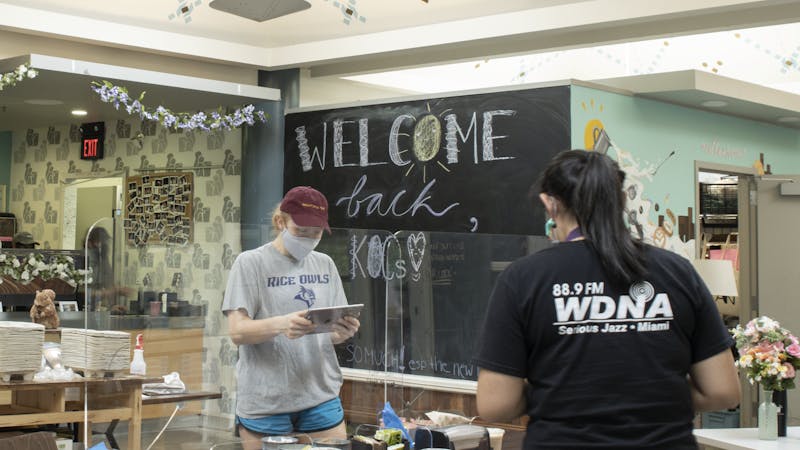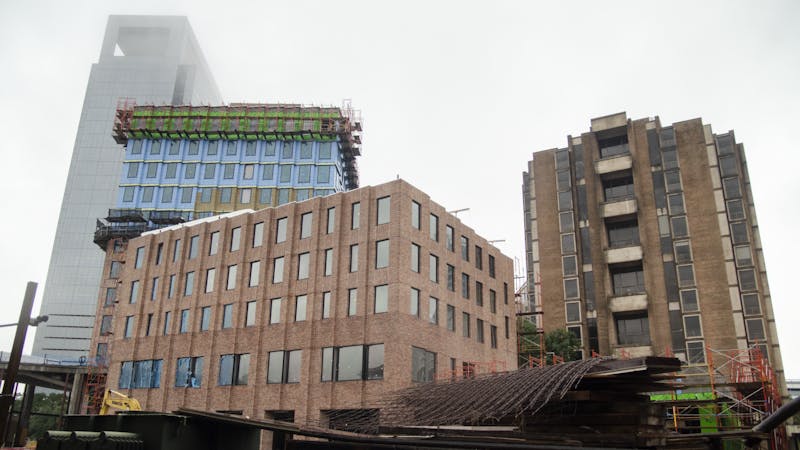
New Horizons: Bryan Washington talks debut novel and A24 deal
2020 has been action-packed for everyone and Bryan Washington is no exception. For this acclaimed writer and Rice English professor, this year brought about great positive changes. His much-anticipated debut novel, “Memorial,” was published last month by Riverhead Books. Picked up for adaptation by entertainment company A24 prior to publication, the novel’s release made waves in literary and television communities alike. A native Houstonian, Washington published his award-winning short story collection, “Lot,” last year and was appointed Rice’s first Scholar-in-Residence for Racial Justice in July, a title he holds alongside his distinction as George Guion Williams Writer in Residence.

